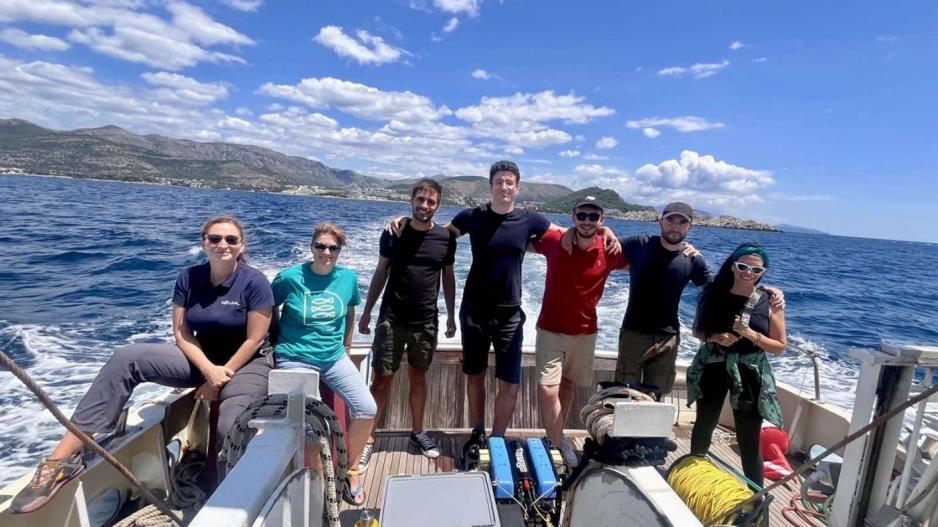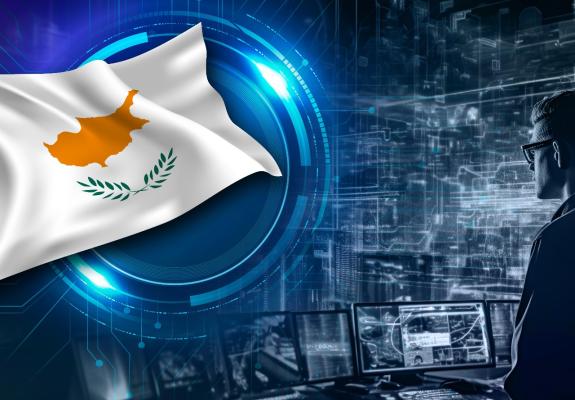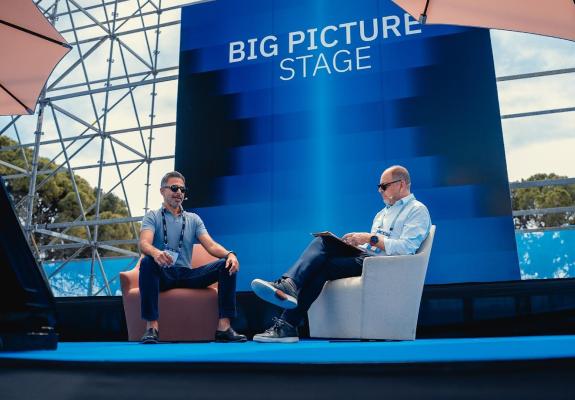Scientists from 9 European Countries Come Together in Lefkara to Discuss Robotic Technologies and Artificial Intelligence!
On November 7, 2024, thirty scientists from nine countries in Europe and the wider Mediterranean will travel to Lefkara, Cyprus, to discuss innovative robotic technologies and artificial intelligence. The scientific team is participating in the first European research project aimed at developing an Autonomous Robotic System for the detection of marine litter, as part of the SeaClear2.0 project.
The meeting is organized by scientists from the Cypriot research-oriented SME ISOTECH Ltd, which is involved in this innovative research. The Cypriot scientific team leads policy actions and implements social interventions across the Mediterranean, with the goal of reducing waste production and disposal on the seabed and the surface of the sea.
Using artificial intelligence, robots will be able to autonomously recognize, locate, and collect litter, even at great depths. At the same time, the project integrates modern methods to engage citizens across Europe, implementing citizen science initiatives.
The SeaClear2.0 project receives funding from the European Union's Horizon Europe program under grant agreement No. 101093822. The consortium consists of 13 partners from 9 countries, with a blend of expertise in public engagement, policy-making, robotic perception and control, artificial intelligence, marine and diving technology and operations, and litter sorting and recycling. This includes Delft University of Technology (Netherlands, project coordinator), ISOTECH (Cyprus), Regional Agency Dunea (Croatia), University of Dubrovnik (Croatia); as well as the Technical University of Munich (Germany), Fraunhofer (Germany), Hamburg Port Authority (Germany), M.Danchor (Israel), Subsea Tech (France), Veolia (France), TecnoSub (Spain), the Technical University of Cluj-Napoca (Romania), and Venice Lagoon Plastic Free (Italy).
During their visit to Cyprus, the scientific team will also visit the Cyprus Marine and Maritime Institute (CMMI) and the Environmental Fluid Mechanics Laboratory at the University of Cyprus.






